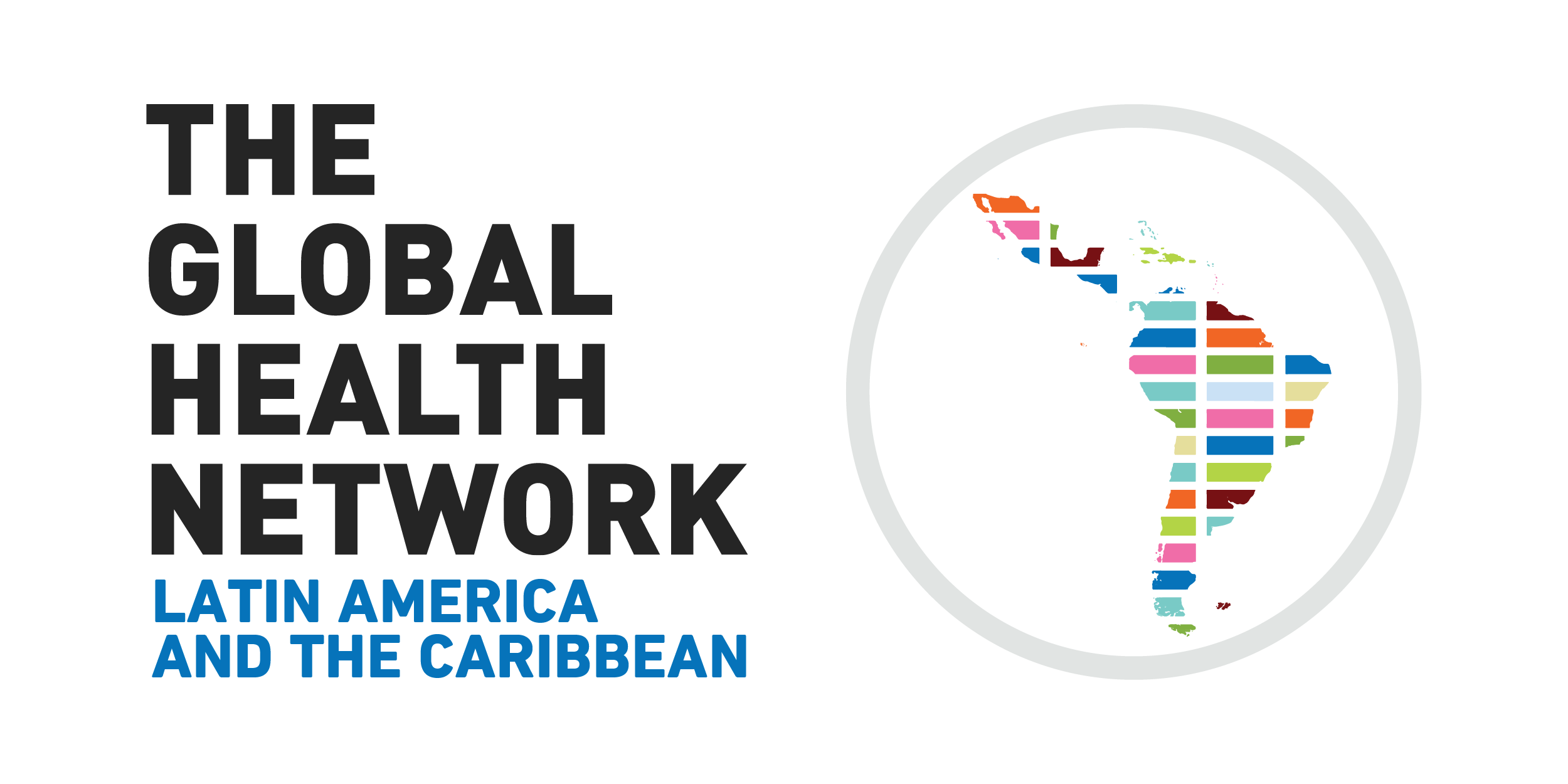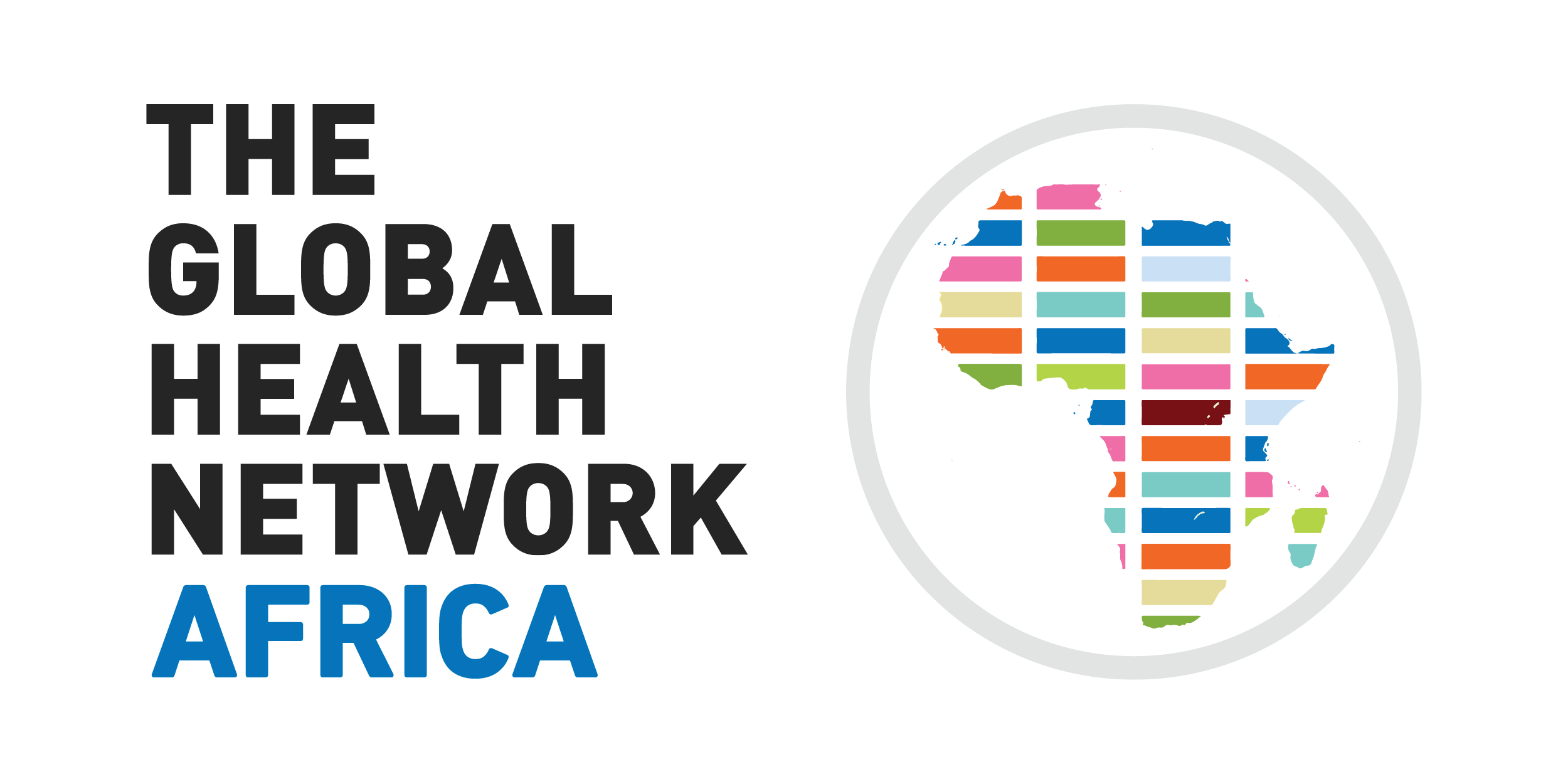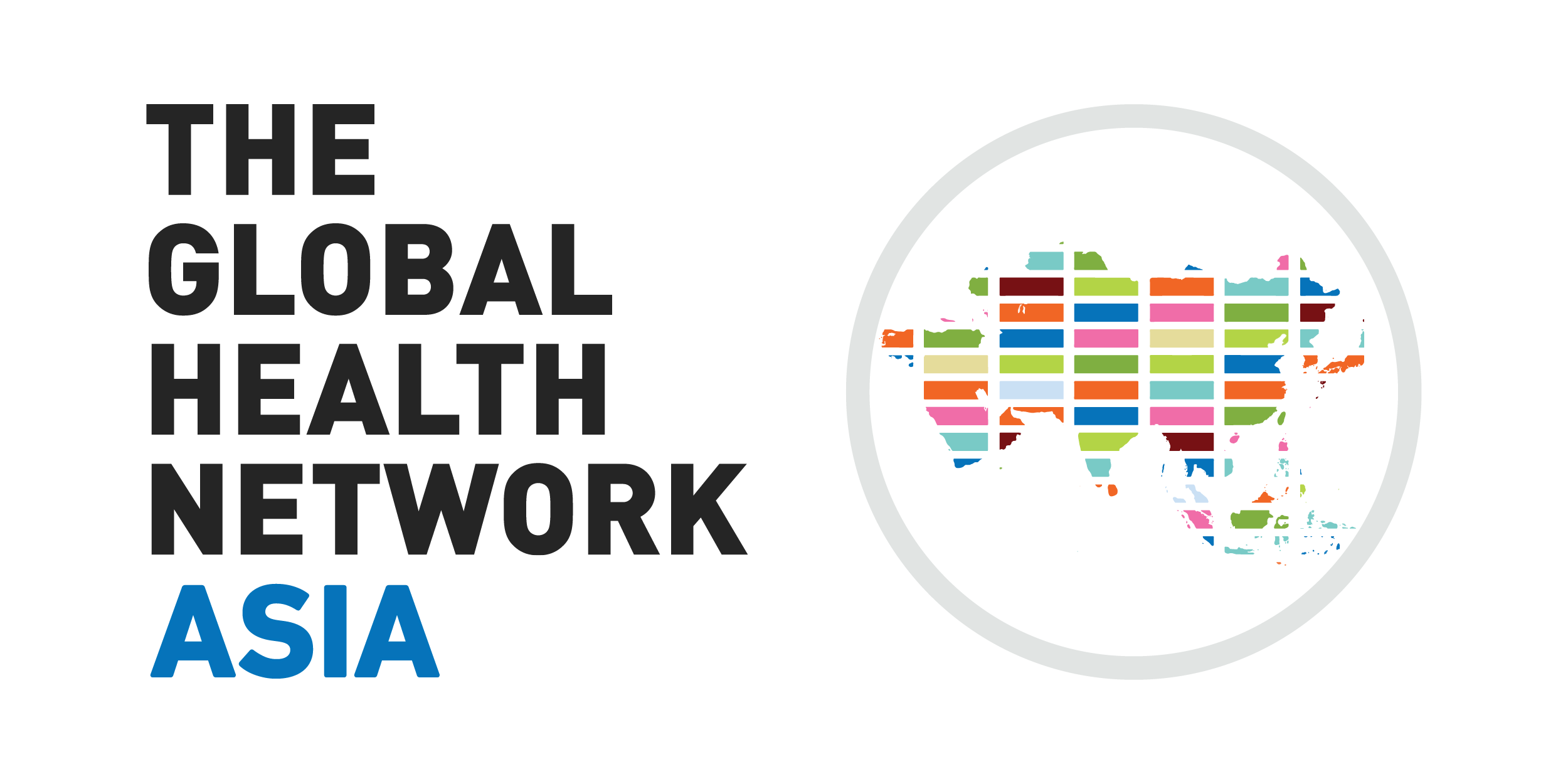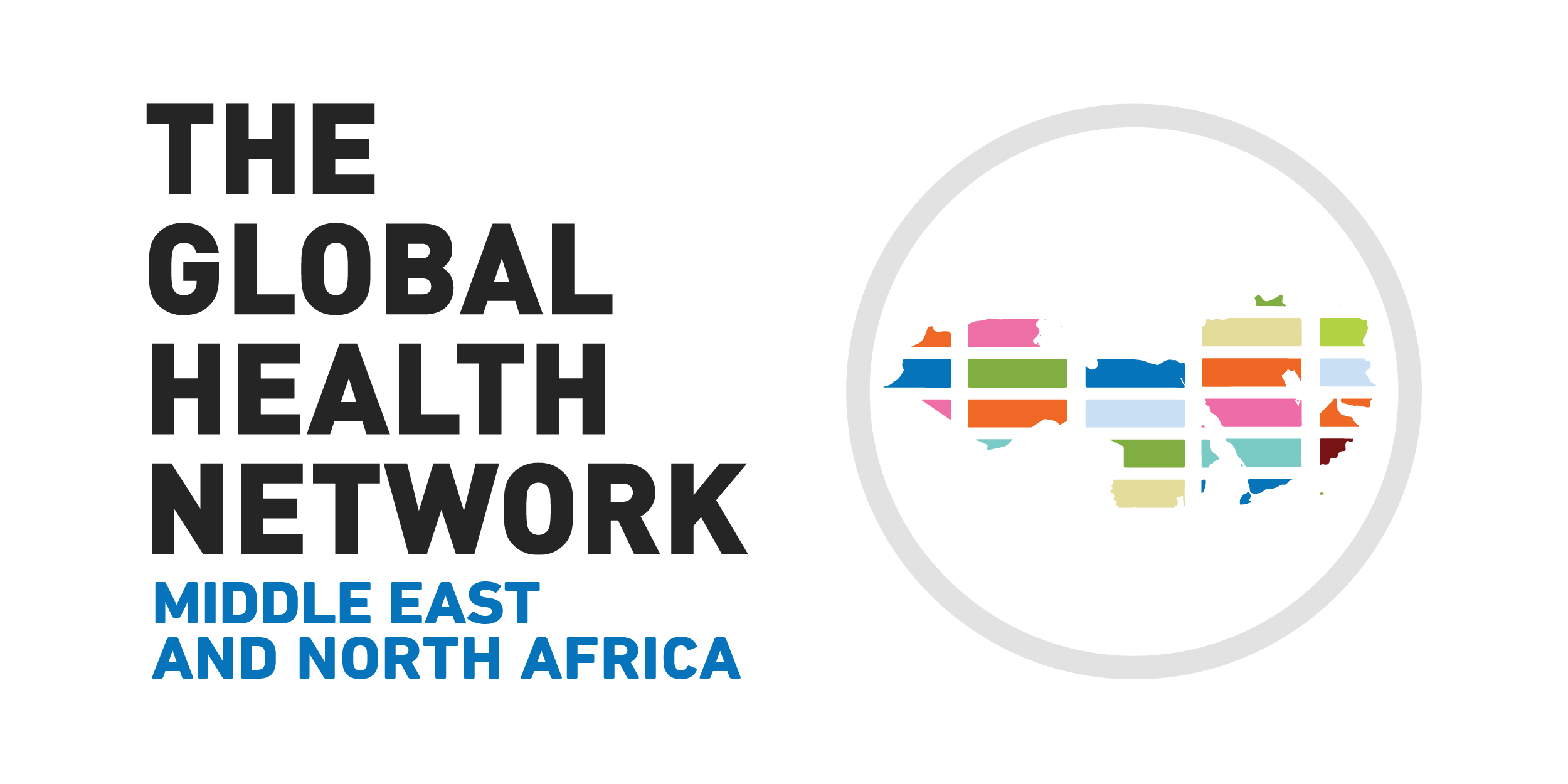Global activities supporting community-led evidence into practice
Implementing skills-based improvements within the Regional Hubs
Regional activities enable communities in low-to-medium settings to build new skills, develop knowledge, and through specialist tools and resources, teams are empowered to adapt to the changing external environment, giving health workers the confidence to implement health studies which impact outcomes at a local, national or international level.
Enabling local healthcare workers to come up with pragmatic solutions to address healthcare challenges
The positive impact of the Regional Hubs is that local care workers have greater support to tackle health issues relevant to their region or specialist area of expertise to solve major health challenges. The focus on skills-based improvements is essential for driving evidence into practice, particularly in the context of healthcare. By leveraging implementation in science, this guarantees the quality and validity of the outputs and ensures that investigation findings are effectively translated into real-world settings, leading to pragmatic solutions that address the most pressing health challenges. This approach not only enhances the impact of health interventions but also promotes sustainable and scalable improvements in healthcare delivery. Find out more about these initiatives and the impact they are having below.
The Global Health Network - Strengthening community-led evidence generation for healthier lives
Regional Hubs
With a focus on enabling teams in low-and-middle income countries to instigate evidence-based projects, The Global Health Network continues to build health studies and data science capacity in Africa, Asia, and Latin America, creating greater access to health practices.
In the last year, new toolkits have been created to support capacity development and a community engagement planning tool was rolled-out to support funding applications. The dedicated Regional Hubs are evolving the healthcare systems to create positive change by:
- Advocating to tackle health study gaps and influencing healthcare policy changes: Building evidence to influence change, ensuring equity, diversity, and inclusion in capacity development and global health.
- Fostering collaboration and knowledge exchange: Driving collaboration amongst scientists, institutions, and countries to accelerate scientific progress in health.
- Increasing access to health data: Promoting data sharing practices across networks to tackle local, national and global health challenges.
- Increasing the workforce and upskilling existing health workers through capacity building: Developing knowledge and skills within the healthcare and data science environments, by providing high-quality resources and toolkits on global health.
- Creating future leaders through professional growth: Promoting training and innovation in key areas of global health, to future-proof teams.
- Building strategic partnerships: Enabling teams to benefit from local expertise.
- Building evidence into practice to create timely and relevant solutions: Increasing access to resources which enable teams to solve daily healthcare challenges, embedding science implementation into all healthcare environments.
The difference the 1000 Challenge project is making around the world
The 1000 Challenge is a global initiative developed by The Global Health Network and Nursing Now Challenge, focusing on creating equity in where capacity development happens, who leads the studies, and who benefits from the evidence. The aim is to create pragmatic solutions which transform health outcomes in patients in low-resource settings, tackle the daily evidence gaps and effectively reduce the burden of the devasting health challenge.
The 1000 Challenge is a mechanism to introduce research into these care settings by guiding 1000 nurses, midwives, community health workers, and other allied health professionals through the process and enabling teams to use the key tools so that they can produce quality evidence that effectively influences practice. The project provides the following opportunities:
- Empowering local communities to collect, analyse and evaluate data, as well as lead studies.
- Building practical skills, such as evidence collection, to improve health outcomes and tackle priority issues within local contexts.
- Furthering existing leadership & career development opportunities through workplace learning.
- Integrating capacity development into the operations of healthcare environments so that workers feel enabled and supported.
![]()
Mwanamvua Boga, Nurse Manager at Kemri-Wellcome Trust Kilifi, Kenya, talks about obtaining evidence for health studies in this care setting.
Regional activity toolkits
Toolkits are invaluable resources, offering step-by-step guidance and practical "how-to" approaches. Developed in collaboration with local partners and networks, these targeted toolkits are freely accessible to healthcare professionals. Their flexibility and adaptability make them ideal for focusing on and enhancing specific aspects of the process, particularly in the planning and execution of studies relevant to local health challenges. Additionally, toolkits present an opportunity to implement capacity-building initiatives for healthcare communities across diverse settings, providing essential guidance and actionable steps for successfully executing such initiatives at the local level.
Useful resources, supporting step-wise guidance and offering the ‘how to’ approach |
Sign-up to future events and find the recordings of the latest, free, |
Designed to guide, teach, support and train individuals and teams in setting up and running high quality studies |
Guiding professional development in |
Impact
The below data demonstrates greater equity in where health studies happen, who leads studies and who benefits from the outcomes, enabling greater access to data and strengthening systems in areas where interventions are desperately needed.
The Global Health Network reaches many 1000's of health workers globally every day. Explore the reach and impact:
![]()
Evidence into Practice - The Global Health Network Impact Report 2024



